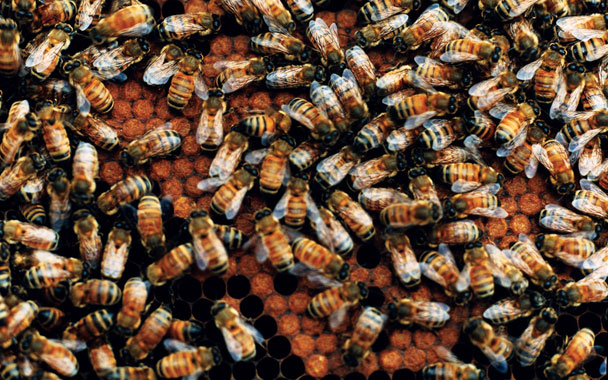Setting Sail Aboard the USS Seafood Solutions
The National Fisheries Institute (NFI), a trade group representing companies that catch, process, and sell seafood, is once again missing the boat—a boat whose crew includes more than a dozen of the most respected conservation organizations in the United States and Canada.
The World Wildlife Fund, Natural Resources Defense Council, Ocean Conservancy, Environmental Defense Fund, and Blue Ocean Institute are among the groups that have formed the Conservation Alliance for Seafood Solutions. The alliance hopes businesses will join its efforts to develop sustainable policies on wild and farmed seafood.
Their manifesto hardly seems controversial:
“We envision a future where environmentally sustainable fisheries and aquaculture (or fish farming) thrive along with the communities that depend on them. We envision diverse and productive fisheries and aquaculture systems that deliver seafood on a continuing basis as well as vital environmental benefits necessary for the well-being of all the world’s inhabitants. […] We envision a future in which businesses that buy and sell seafood and conservation organizations are active partners helping to achieve sustainable fisheries management and aquaculture production. […] We invite businesses to join us in realizing this vision.”
In a press release saying that the group’s goals “lacked input from the businesses that actually feed America—the seafood community,” NFI President John Connelly made it pretty clear that his group wasn’t getting aboard.
I wonder which of the above statements he disagrees with. Obviously, Mr. Connelly has yet to learn that when we’re talking about decimated fish stocks, struggling fishermen, and the health of our oceans, conservation groups and industry are in exactly the same boat.
Taking a Beeting
I recently grumbled about sugar beet farmers’ plans to plant genetically modified (GM) crops this year, for the first time ever. These beets have been engineered to withstand liberal douses of glyphosate, a powerful herbicide produced by Monsanto Corp. under the trade name Roundup.
But I failed to mention an unsettling news item that Andrew Kimbrell, executive director of the Center for Food Safety, brought to light this week on The Huffington Post. Kimbrell says that, at the request of Monsanto, the U. S. Environmental Protection Agency increased the allowable amount of glyphosate residues on sugar beets (from which nearly half the nation’s sugar is made) by—brace yourself—5,000 percent.
Even though one survey of scientific literature found that glyphosate poses no risk to humans, you’ll forgive me for feeling queasy about stirring a substance that can make the toughest dandelion shrivel and die in a few hours into my morning cup of coffee.
The Buzz . . .
…from the nation’s honeybees is getting even more discouraging. A survey released this week revealed that more than a third of the hives in the U.S. have been lost since last year. The grim news follows similar losses the previous year. Much of the blame lies with a little-understood syndrome called colony collapse disorder, which causes bees to abandon their hives.
Even if you never use honey, you have a lot riding on the wings of the busy little insects. It is said that fully a third of the food humans eat depends on pollination by bees. In the United States, bees pollinate 130 different crops, with an economic impact of at least $9 billion a year.




 Pinterest
Pinterest


